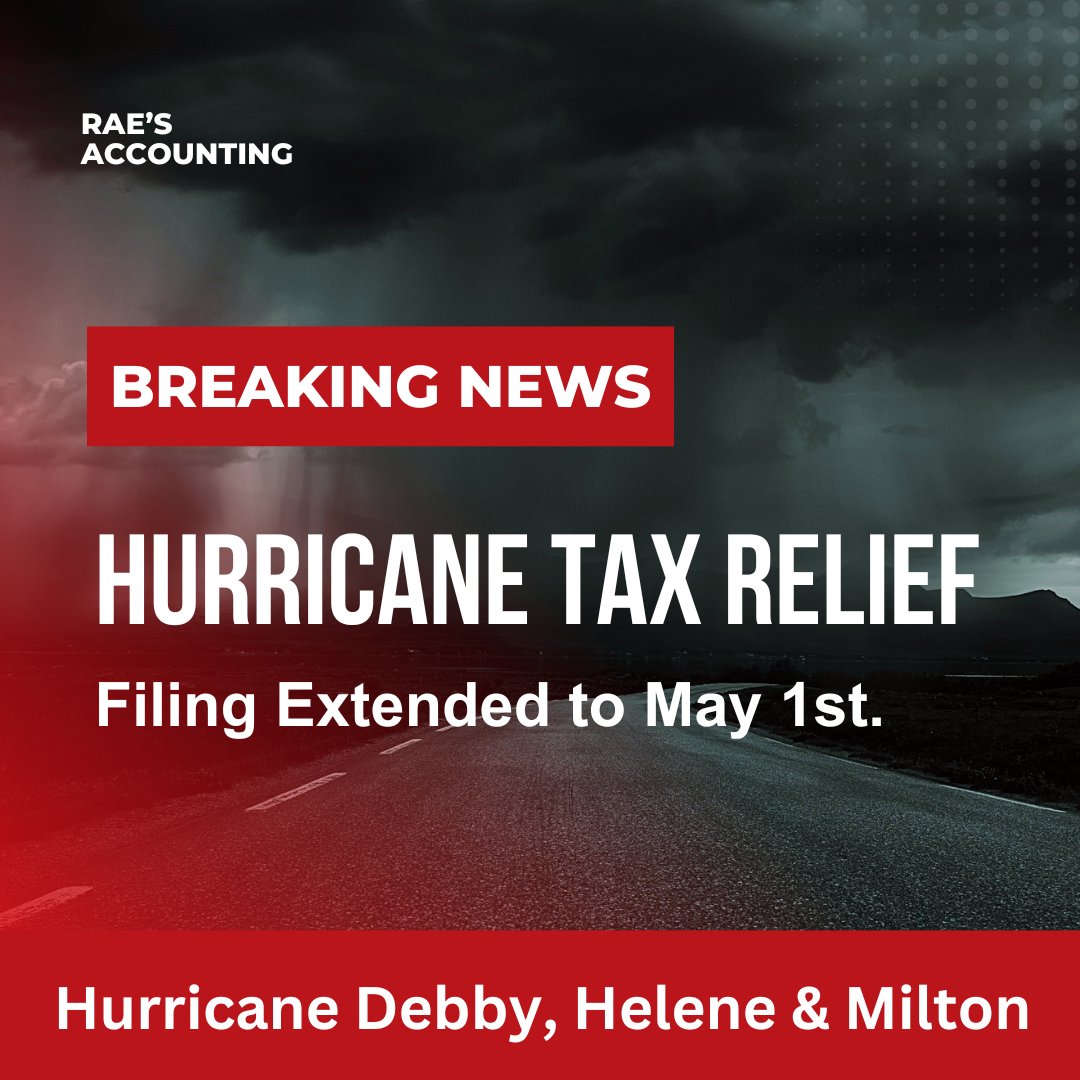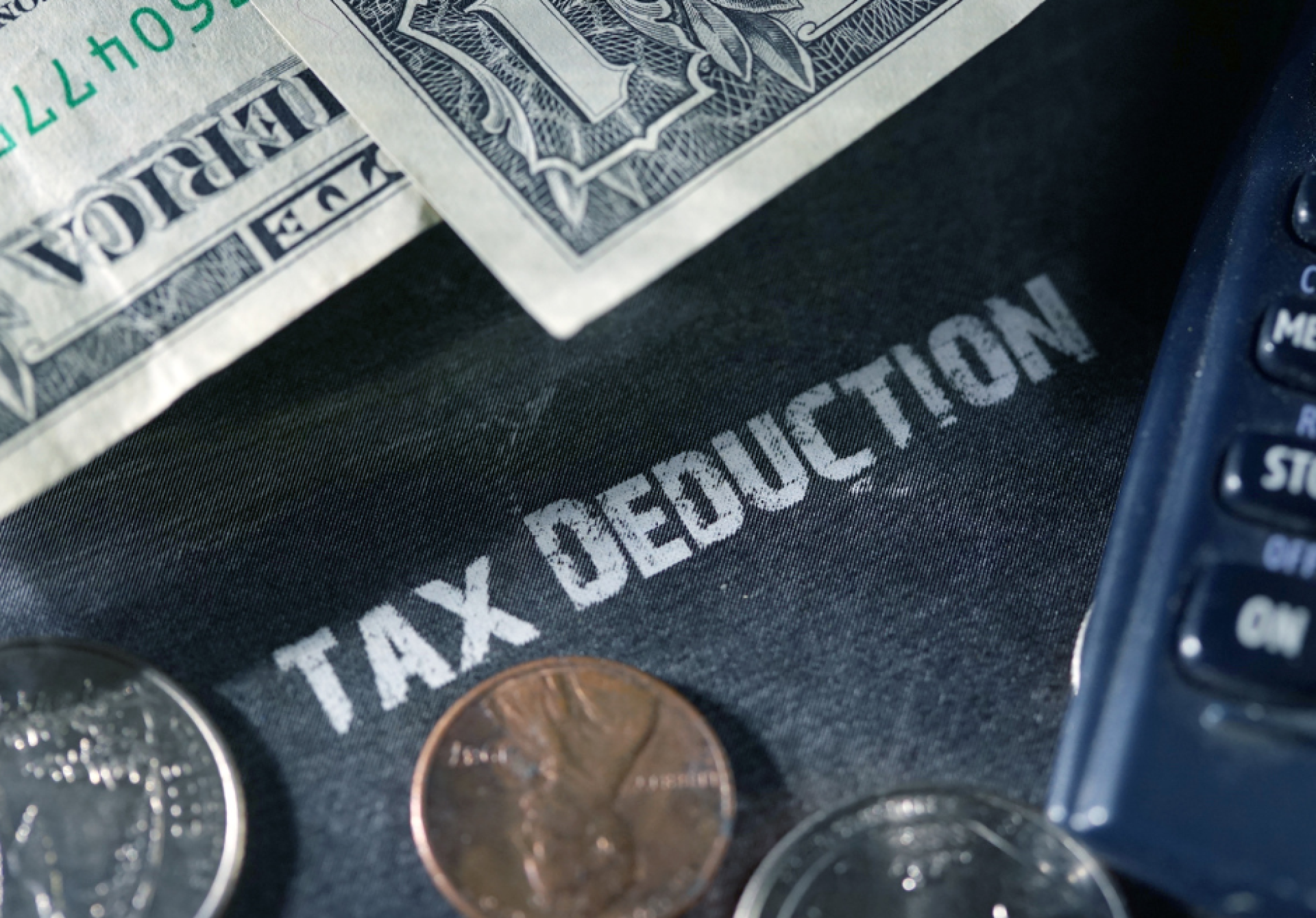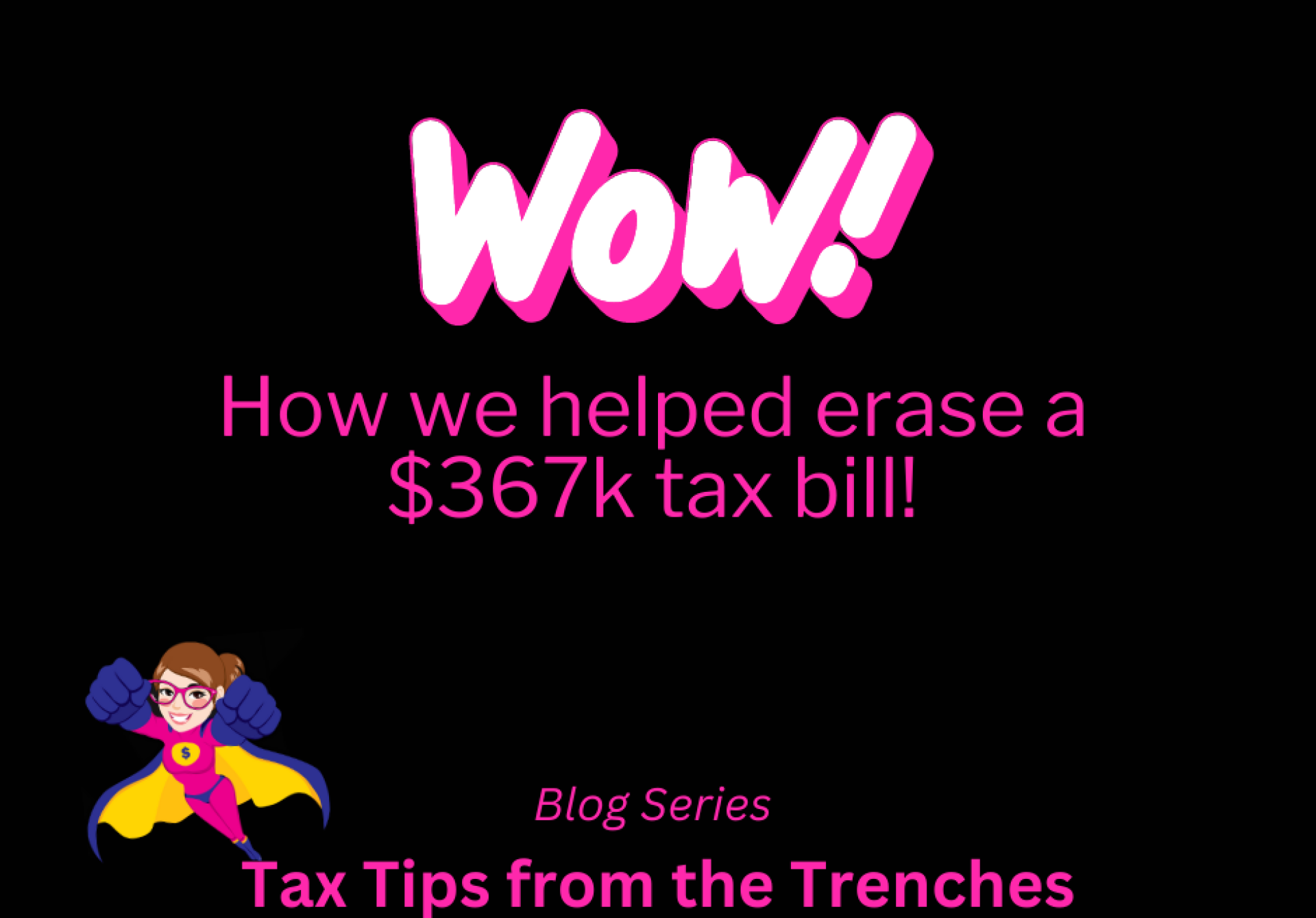Cryptocurrency has evolved from a niche investment to a mainstream asset, with more individuals and businesses buying, selling, and even accepting crypto as payment. But when tax season rolls around, many investors are left wondering—how does the IRS view cryptocurrency, and what do I need to report?
If you're involved in crypto, understanding your tax obligations is crucial. Here’s what you need to know to stay compliant and avoid costly mistakes.
Is Cryptocurrency Taxable?
Yes! The IRS considers cryptocurrency property, not currency. This means buying, selling, trading, or using crypto can trigger taxable events, much like stocks or real estate transactions.
✅ Capital Gains & Losses – If you sell or trade crypto for more than you paid, you owe taxes on the profit. If you sell at a loss, you may be able to deduct it.
✅ Mining & Staking Rewards – Crypto earned from mining or staking is considered taxable income at its fair market value when received.
✅ Getting Paid in Crypto – If you receive cryptocurrency as payment for goods or services, it must be reported as income based on its value at the time of receipt.
✅ Crypto-to-Crypto Trades – Swapping one cryptocurrency for another (e.g., Bitcoin to Ethereum) is a taxable event, even if you didn’t cash out to fiat currency.
What You Need to Report
Every time you dispose of cryptocurrency—whether by selling, trading, or spending—you must track and report the transaction. This includes:
📌 The date you acquired the crypto
📌 The amount paid (cost basis)
📌 The date and price when you sold or traded it
📌 Any gains or losses from the transaction
Crypto exchanges do not always provide tax forms, so it’s your responsibility to keep accurate records.
Short-Term vs. Long-Term Gains
Like traditional investments, crypto profits are subject to capital gains tax:
📅 Short-Term Gains (Held less than a year) – Taxed at your ordinary income tax rate
📅 Long-Term Gains (Held over a year) – Taxed at lower capital gains rates (0%, 15%, or 20%, depending on income)
The longer you hold, the lower your tax rate may be!
Avoiding IRS Penalties
Failing to report crypto transactions can lead to penalties, audits, and even legal trouble. The IRS has been cracking down on unreported crypto gains, and starting in 2025, exchanges will be required to send tax forms (1099-DA) to both the IRS and users.
🔹 Track Every Transaction – Use crypto tax software or keep detailed records.
🔹 Report All Gains & Income – Even small transactions matter!
🔹 Consult a Tax Professional – Cryptocurrency tax rules are complex—working with an expert ensures compliance and minimizes your tax burden.
Need Help with Crypto Taxes?
At Rae’s Accounting, we specialize in navigating cryptocurrency tax regulations so you don’t have to. Whether you’re a casual investor or a crypto trader, we’ll help you stay compliant, maximize deductions, and file with confidence.









1.png)
.png)




_large.png)



